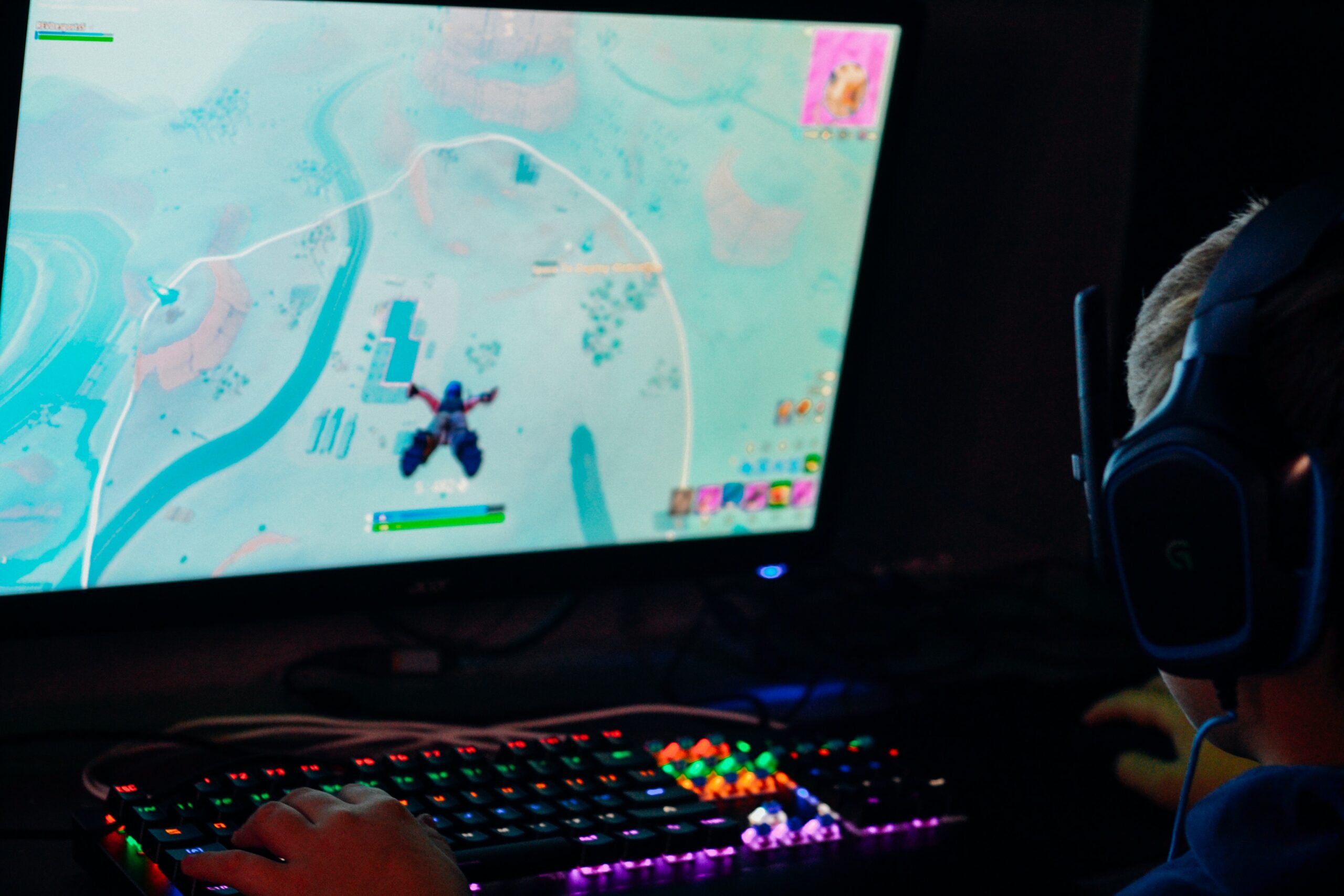Gaming
Video games inspire new
education platform
Teaching goes super-Sonic, as study shows use of gaming culture helps 90% of primary students learn more.
A new study by Brunel University reveals that video games are making a huge difference in the classroom for teachers and students alike. More than 90% of students who attended lessons where video games formed a key part of the experience, said that video game content helped them to enjoy subjects more and learn more effectively.
The principles behind these teaching methods have arrived in classrooms courtesy of Checkpoint, a video-game inspired education platform that, according to this new study, is responsible for genuine and marked improvements. Both in the way pupils are engaging with the teachers — and their implementation of the National Curriculum.
Partnering with Sega for this study, Checkpoint designs, writes and curates teaching materials that tap into gaming culture. From Sonic the Hedgehog to Planet Zoo, Checkpoint is helping teachers educate their students through the lens of gaming. These learning materials were welcomed by any school who used them.
“We wanted to see whether our approach actually had the benefits we intended,” said Checkpoint’s founder and editor-in-chief Tamer Asfahani. “So we approached the educational experts at Brunel University London to design an independent study to evaluate the extent to which key stage 2 children engaged with our learning materials.”
Brunel’s Professor Kate Hoskins led a team of experts from the university’s Department of Education, who worked with five teachers at four London schools to trial learning materials for a science lesson that’s part of the National Curriculum. The aim of the lesson was for the students – aged 7 to 11 – to learn how animals are classified into different species and groups based on various characteristics, and to practise doing this themselves. Instead of categorising normal animals, the students were tasked with organising Sonic and his fellow Sega characters into the correct groups.
Interviews and questionnaires found that the lesson was “overwhelmingly positive”, with teachers praising the engagement of children who they knew struggled in a more traditional learning environment. “The link to children’s game culture enabled participation across otherwise marginalised groups,” said Professor Hoskins. “Including minority ethnic, SEND” — those with special educational needs and disabilities — “and low socioeconomic status children.”
Checkpoint is continuing to develop gaming-inspired learning modules, which are completely free of charge, on its website and are will work with more schools to improve childrens’ education via the vehicle of video games.
One of the teachers pointed out that, when they started talking about the character, the students were immediately engaged.
“They loved the fact that it’s something that’s in everyday life. Especially the boys — they realise, okay, yes, that’s different,” the teacher said, adding that the learning materials were something that he and his colleagues can use as a basis, and adapt to the needs of various classrooms. The students were similarly enthusiastic.
And when the researchers analysed which of the National Curriculum’s key skills were hit by the lesson, all the desired ones were being gained; with listening, creativity and problem-solving scoring particularly well.
Professor Hoskins said: “The students’ responses suggest that incorporating gaming culture elements in the classroom can lead to a more enriching learning experience for students across the socioeconomic and cultural spectrum, transforming the way they engage with and understand scientific concepts,.
“Teachers can potentially foster a deeper connection between students and the subject matter when bringing the excitement and challenges of video games into the learning process, ultimately promoting a lasting interest in science education.”
Checkpoint’s Asfahaniwsaid: “Thanks to this study, we have data confirming that teachers and researchers should work together to create innovative instructional strategies that harness the power of gaming culture and facilitate deeper learning for students, in key stage 2 science lessons and beyond.
“This collaborative effort will not only contribute to the ongoing development of effective teaching practices, but also inspire a new generation of students to become passionate, lifelong learners in the field of science and other subjects; with the potential to be especially positive for less confident learners.”
The research was made possible by the Brunel Innovation Voucher Scheme, designed to promote collaborative innovation between the university and UK-based small businesses, social enterprises and third-sector organisations.


















